A new study disproved the common liberal argument that corporate greed, rather than excessive government spending, is causing inflation.
The Federal Reserve Bank in San Francisco found that outside of select industries, the overall increase in the markups of consumers goods is in line with what’s been seen during past periods of economic recovery, when inflation did not spike.
Contrary to President Biden and other Democrat politicians’ frequent assertions, the report suggests that rising prices are less about corporate greed and more related to elevated government spending.
In February, Biden touted the 15 million new jobs he created since being in office and claimed that the United States has “the strongest economy in the world.”
“Inflation is down. In fact, the costs have fallen from everything from a gallon of gas to a gallon of milk,” he stated.
“We know prices are still too high because of what I call ‘greedflation’ and ‘shrinkflation.’ I’m calling on corporations to pass their savings on to consumers, for God sake,” Biden urged.
However, according to the Monday report, the stimulus checks and upped unemployment benefits that happened during the COVID-19 pandemic caused a surge in demand for goods and services at a time when product costs and shortages were happening.
As a result, companies were forced to raise their prices—not to bolster profits at the expense of consumers, but to cover their skyrocketing expenses.
While corporate profits did soar post-pandemic, it was mainly due to pandemic-era subsidies and reductions in business taxes, according to the San Francisco Fed.
The national debt has swelled by approximately $6.8 trillion while Biden has been in office, hitting an all-time high of $34.5 trillion.
The numbers don’t spell out success for Biden in November, as a recent poll has shown growing dissatisfaction about how the administration is handing the economy.
The survey, which was published on Monday, revealed that 49% of participants think Biden’s fiscal policies are detrimental to the economy—a number that has increased incrementally month over month this Spring—while just 28% felt these measures were beneficial.
Optimism about the current state of the U.S. economy is scarce, with only 27% expressing a positive view.
Inflation remains the primary concern for Americans, with 80% ranking it among their top financial stressors along with income level at 49% and rent with 32%.
The poll also highlights that over half of voters feel their financial situation has worsened under Biden, with a shoddy 17% reporting improvement.
When it comes to economic leadership, 43% of voters expressed more trust in former President Donald Trump over Biden, who was only approved by 35% of those asked.
The 1000 people polled included 38% Democrats, 27% independents, and 35% Republicans.

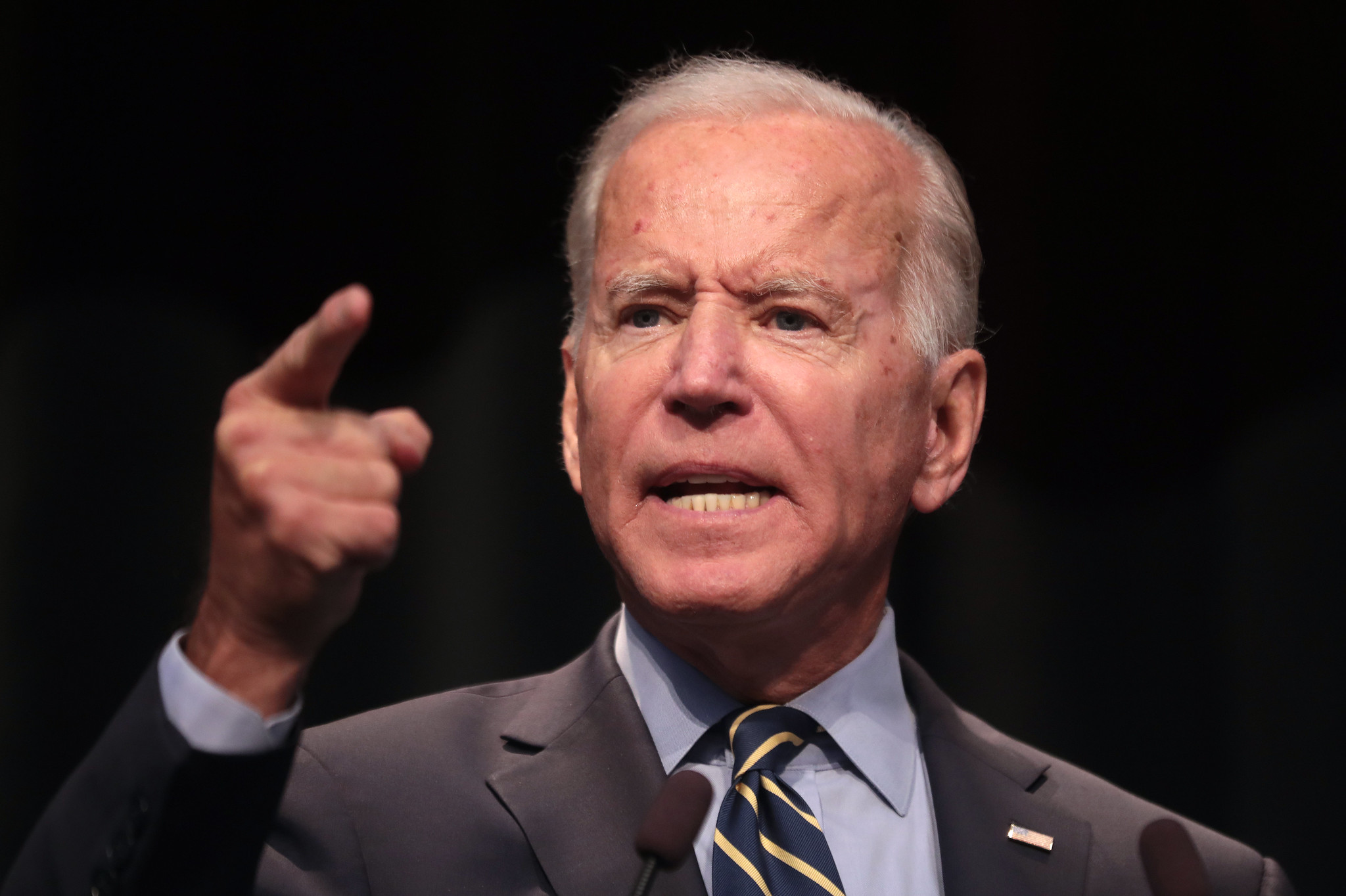
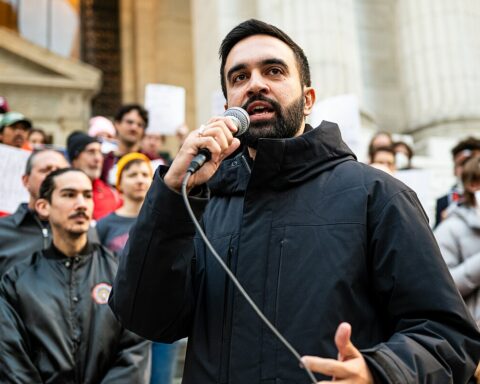


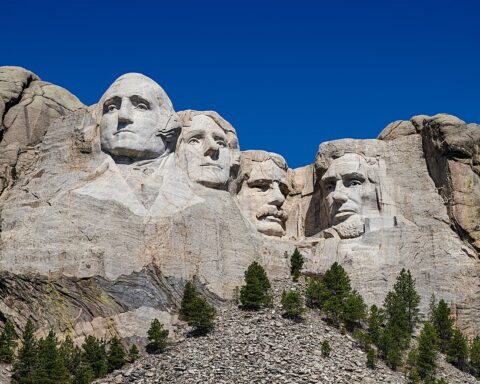
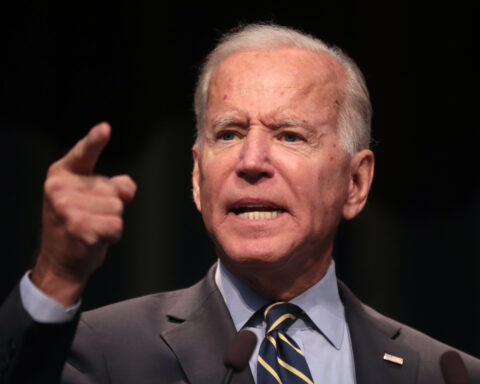
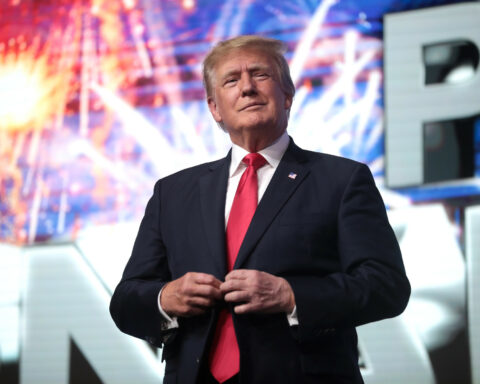
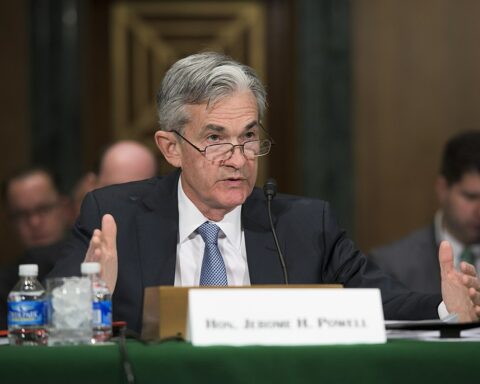
I’ll sorta agree with slow joe that corporate greed does indeed exist BUT he is never gonna admit that overspending by .gov is far more to blame for the ever increasing national debt.
What was the line from ‘princess’ a few years back, something like we can spend our way out of debt. She with her freezers full of high dollar ice cream still dares to lecture us plain old ordinary people about inflation.
No matter what anyone says, just go to the grocery store or the gas station and you will know that inflation is at an all time high and most Americans know that it is because of out of control spending by the current administration.
Katy – yep – gas is ‘only’ double (in my town at least) what it was when slow joe got appointed. It is always a toss up as to whether a gallon of gas is more than a gallon of milk, makes me dread going grocery shopping as I know that eventually I have to refuel ;-(
The war on American energy due to “climate change” is a HUGE factor in the inflation rate. Everything must be shipped, multiple times, before reaching the final consumer. On top of the costs of big bloated government. Overspending, overtaxing, and over-regulating government. Including most state and local regimes.